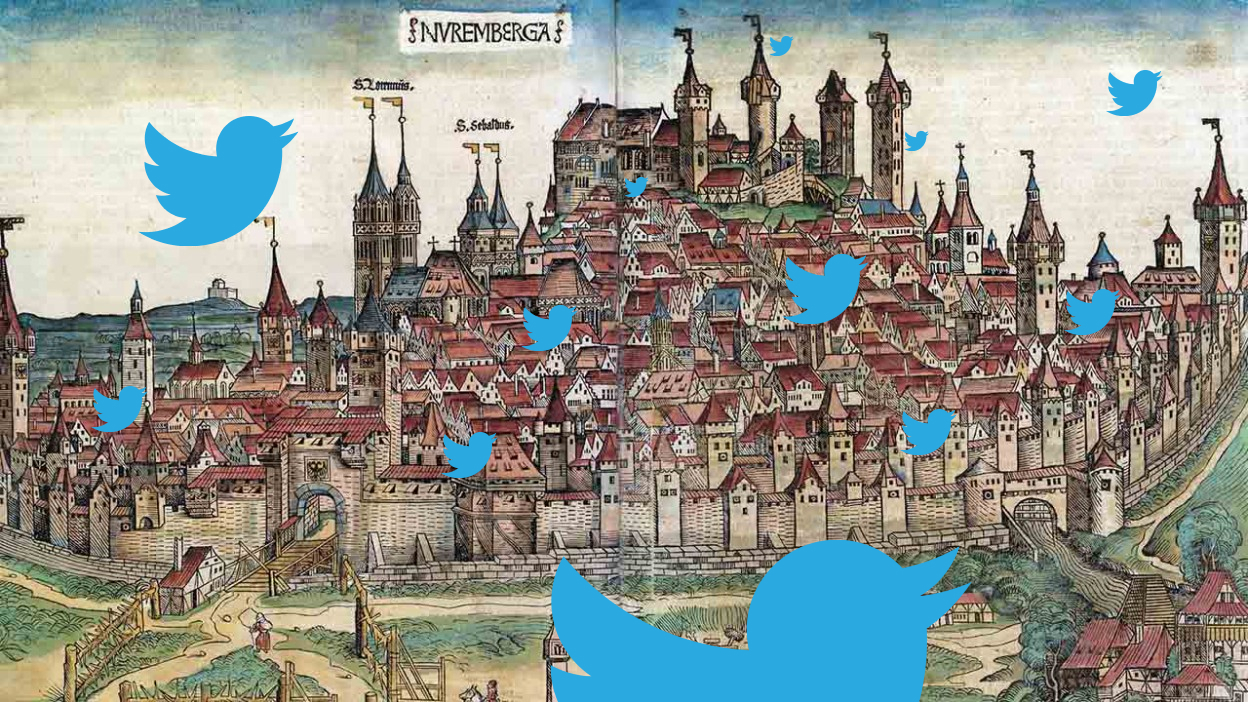
Sponsored By: Reforge
Ready to do the best work of your career? Become a Reforge member.
Reforge is the world’s leading career development membership for top-tier professionals in growth, product, marketing, and engineering. Gain a direct line to hard-won insights from leaders driving impact at companies like Eventbrite, Microsoft, SurveyMonkey, and more.
Annual membership includes:
- participation in cohort-based programs
- weekly content releases and events
- instant access to all program content
- a vetted community of peers solving similar challenges
Reforge’s Summer cohort starts the week of July 18. Make the best investment for your career by applying for membership today.
Epistemic status: wildly speculative
1
Is Twitter a regular company? Or is it, as Jack Dorsey and many others believe, more like a public utility?
I don’t think ‘public utility’ is the most useful metaphor to understand what Twitter and its peers actually are.
Public utilities make sense when the product is a simple commodity, essential for everyday life, and delivered through a set of pipes that are incredibly expensive to install and maintain. Because it doesn’t make sense for there to be lots of duplicate pipes and most people want basically the same thing from their water, electricity, and gas, the companies that run these are granted official government monopoly status in exchange for not charging too much and ensuring reliable access.
Social networks aren’t like this. There are no expensive pipes to install—in fact they are incredibly cheap to build. The problem is getting people to use them. Also, unlike public utilities, social networks offer complex value propositions. Different people want different things, so there can be no one-size-fits-all solution. Social networks are also generally free to use and generally always on, so the main problems public utilities are regulated to solve aren’t really an issue.
But just because Twitter isn’t much like a public utility doesn’t mean it’s a normal company, either.
2
I think the internet is more like land. In this metaphor:
- URLs ~= Places
- Links ~= Roads
- Networks ~= City-states
The Only Subscription
You Need to
Stay at the
Edge of AI
The essential toolkit for those shaping the future
"This might be the best value you
can get from an AI subscription."
- Jay S.
Join 100,000+ leaders, builders, and innovators

Email address
Already have an account? Sign in
What is included in a subscription?
Daily insights from AI pioneers + early access to powerful AI tools








Comments
Don't have an account? Sign up!
I like this exploration.
When I've reviewed the current state of Twitter, a lot of my criticism has been at Elon for stating that he will make Twitter "free speech in that it will match the law." But Twitter already conforms to existing free speech laws in the USA. Nothing Elon is proposing seems workable.
But it is interesting to think about making online platforms actual democracies, with judiciaries.
One thing we don't want is for someone like Elon to dictate those terms (to essentially be an autocratic leader who sets up democratic-like systems).
For a proper exploration of why Twitter is not a public square, the First Amendment was written to restrict governments, not private companies, we need to "imagine [better] spaces designed for democracy," I highly recommend Dr. Mary Anne Franks' paper in the Yale Law Journal: https://www.yalelawjournal.org/forum/beyond-the-public-square-imagining-digital-democracy